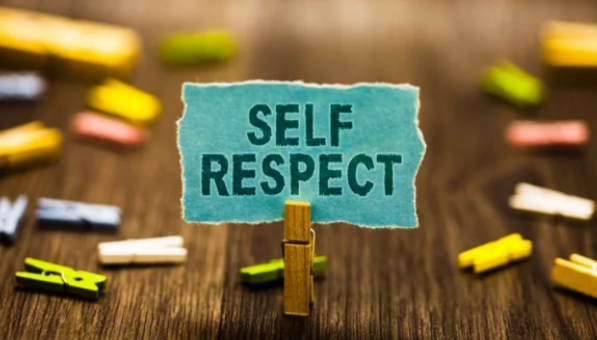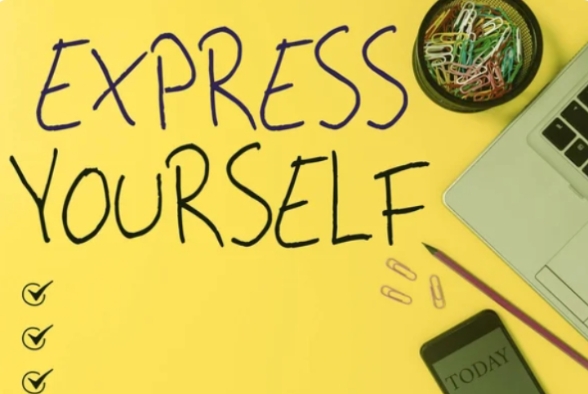
In today’s ever-evolving economic landscape, relying on a single source of income has become a precarious strategy. Whether it’s a traditional nine-to-five job or a freelance gig, the idea of putting all your financial eggs in one basket can lead to vulnerabilities that are hard to recover from. Thus, diversifying income streams is more vital than ever. Here’s why you should never solely rely on a single income.
1. Job Instability and Economic Fluctuations
The job market is undeniably volatile. Layoffs, company closures, and shifts in industry demand can leave individuals suddenly unemployed and scrambling for financial resources. Industries can change rapidly, and what might seem a stable job today can become obsolete tomorrow. Therefore, by relying only on a single income, you risk catastrophic consequences if that income disappears. By diversifying your revenue streams, you mitigate this risk, ensuring that even if one stream dries up, others can support you.
2. Rising Living Costs
Inflation and the increasing cost of living can quickly erode the purchasing power of a single income. Housing, healthcare, education, and everyday expenses are all rising. One salary may not be enough to cover these costs while maintaining a comfortable lifestyle. Additional income sources can provide a buffer against inflation, helping you maintain financial stability and peace of mind.
3. Building Wealth and Financial Independence
Having multiple income streams can accelerate your journey toward financial independence. While a standard job salary may provide a decent living, it might not be sufficient for savings, investments, and wealth accumulation. Additional income sources, whether through side hustles, investments, or passive income, can significantly enhance your ability to save for retirement, purchase assets, and gain financial freedom.
4. Skill Development and Personal Growth
Engaging in multiple income-generating activities allows you to develop new skills and expand your professional network, ultimately contributing to your career growth. By exploring side gigs or entrepreneurial ventures, you expose yourself to new challenges and opportunities, which can make you a more well-rounded professional. This diversification not only helps you financially, but it can also enhance your employability in an ever-competitive job market.
5. Emotional Safety Nets
Beyond the financial implications, relying on a single income can create significant emotional stress. The fear of instability can lead to anxiety and burnout, affecting both your personal and professional life. By building multiple income streams, you create emotional safety nets. Knowing that you can fall back on other sources of income can alleviate stress, allowing you to focus on your work and life with a greater sense of security.
6. Adapting to a Gig Economy
The shift toward a gig economy has transformed traditional employment, making numerous opportunities available for individuals willing to embrace flexible working arrangements. Freelancing, remote work, and online businesses are all viable options for diversifying income. Adapting to this change not only allows you to supplement your income but also gives you the freedom to choose how and when you work.
The landscape of work and income generation is changing. Therefore, relying solely on a single income is increasingly risky. By diversifying your income streams, you not only safeguard yourself against job loss and economic uncertainty but also set the stage for greater financial freedom and personal growth.
Consider your options—side hustles, part-time jobs, investments, or entrepreneurial ventures—and take proactive steps to build a robust financial foundation. In doing so, you’ll not only enhance your financial resilience but also position yourself for a more prosperous and fulfilling future. Remember: in a world of uncertainty, diversification is not just a strategy—it’s a necessity.







